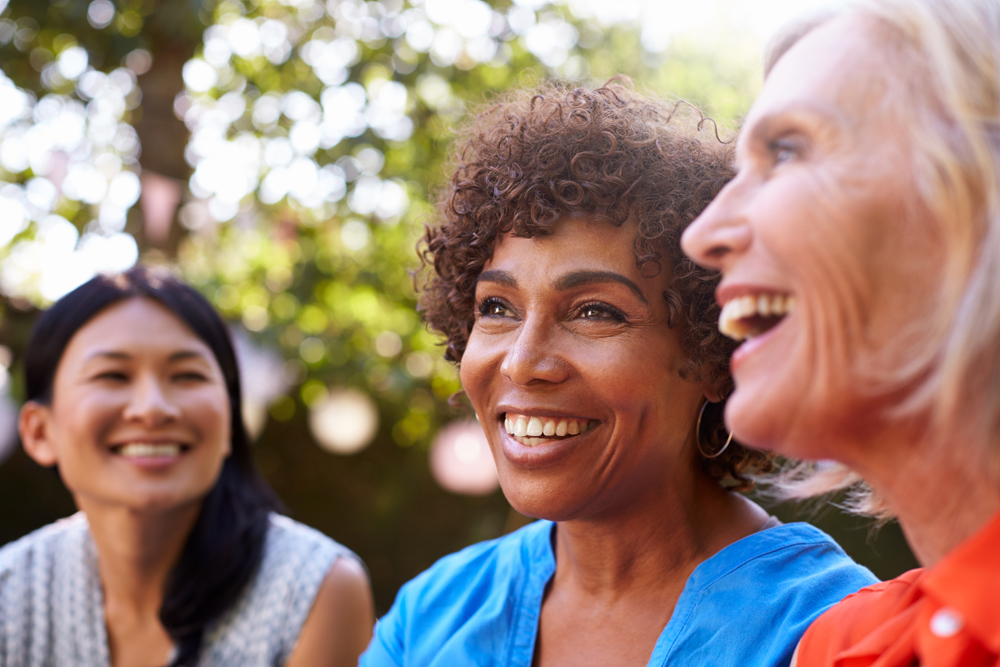Women in their middle years are more and more interested in taking a holistic path to health and wellness. What does this mean? When we look at a person holistically, we may shift our perception and see the person as a whole, we appreciate the web of functions, experiences and challenges she has. And we synthesize all this information into a roadmap that takes all these different facets into consideration. It’s like trying to solve a puzzle. Holistic here means to value a person’s complexity and individuality, not look at them as an obstacle or just ignore them.
The foundation of holistic health care is knowing that you are in the driver’s seat. You create the vision you have for your health and well-being, and you decide how you want to go about it. This doesn’t mean that you have to be superwoman and go it all alone, of course. But you play an important role in observing who you are, and how you are, while implementing strategies to promote health. Good health doesn’t usually come in a pill, so you will be taking a look at the entire landscape of your daily life practices. That’s why it’s also often called lifestyle medicine. Together with your confidantes and health care advisors, you identify and prioritize steps you want to take to regain and retain your good health.
Here are examples of areas you may wish to focus on:
- Stress management—this is important for your mental-emotional well-being, your blood pressure, healthy weight and immune function. It is also helpful for reducing hot flashes. Strategies can include acupuncture, yoga, tai chi, mindfulness meditation, homeopathic medicines and certain botanicals.
- Digestive health—how well your digestion works has a direct impact on the nourishment your body and mind receive. Strategies can include improving gut function through adding or eliminating certain foods that don’t work for you, and using botanicals and other natural supplements to help your gut heal.
- Fitness—our bodies are designed for movement. Almost all of us spend too much time sitting. We need to rediscover joyful movement to strengthen and stretch our bodies and improve our fitness and endurance. You don’t have to become an Olympic athlete but you are probably not moving enough and need to get creative to include more movement in your daily activities.
- Spirituality—this is a dimension of our existence many of us don’t feel comfortable talking about, but it is important to explore. Spirituality means different things to different people, and that’s okay! This is about our core believes and purpose in life, our way of making sense of the world and our mortality, our source of courage, our ability to connect and care, and our wisdom. What’s your practice?
What is your strategy and what are your resources to follow a path of holistic health? Maybe you already have a therapist or primary care physician who supports you in this quest. Maybe you are involved in groups or classes to learn more and find support. Maybe you want to do more or better and would benefit from working with a health coach or holistic doctor who can help you figure out your next steps and guide you as you’re putting the rubber to the road.
I’m passionate about helping my patients connect with existing and new resources, depending on their needs and interests. One of the benefits of practicing in New York is the amazing network of knowledgeable and caring professional health care providers I can tap when needed, starting in my own office here on Madison. I look forward to brainstorming with you.
© 2023 Christiane Siebert








Leave A Comment